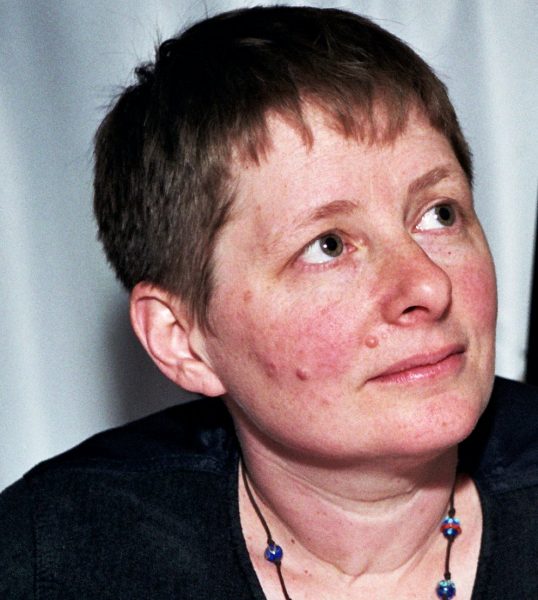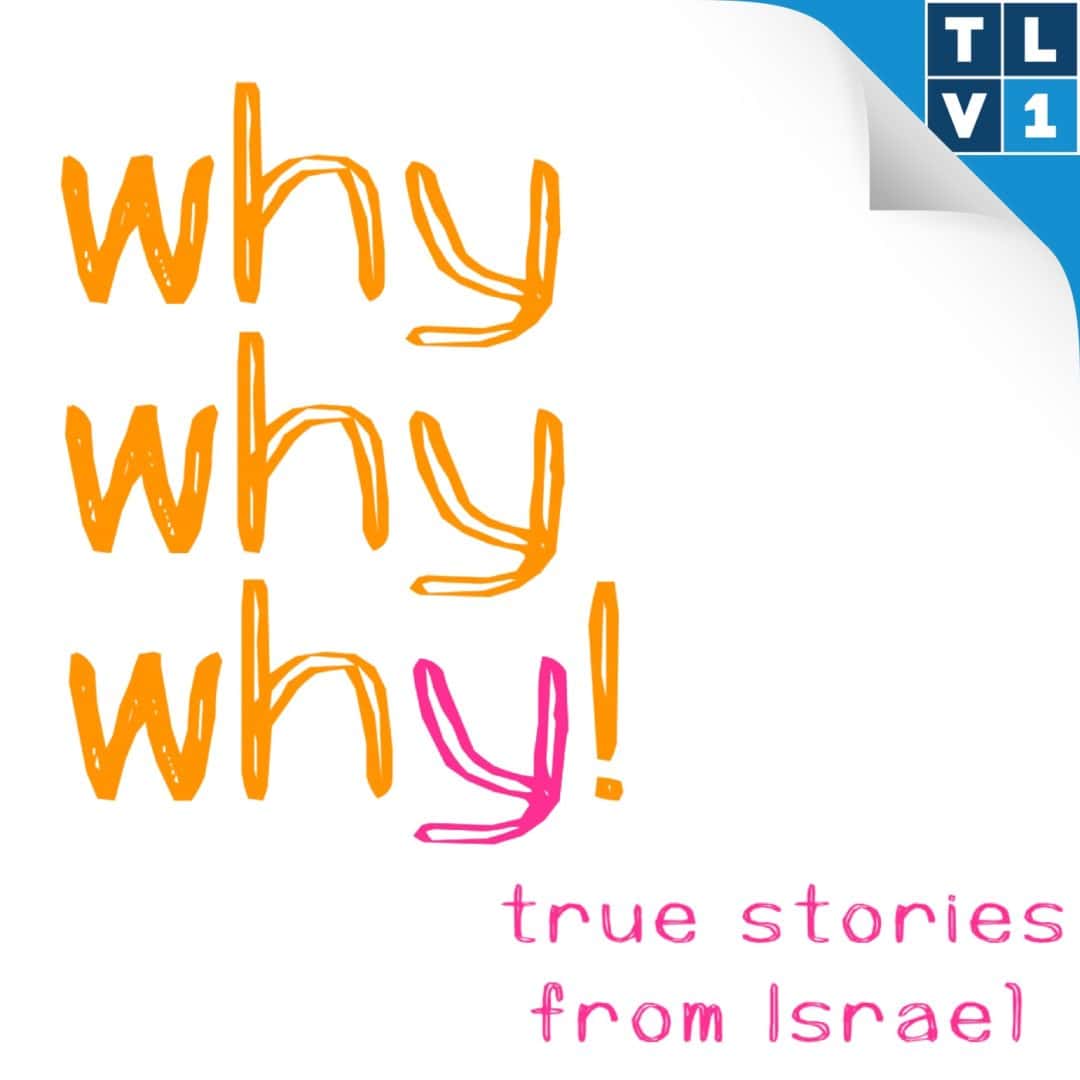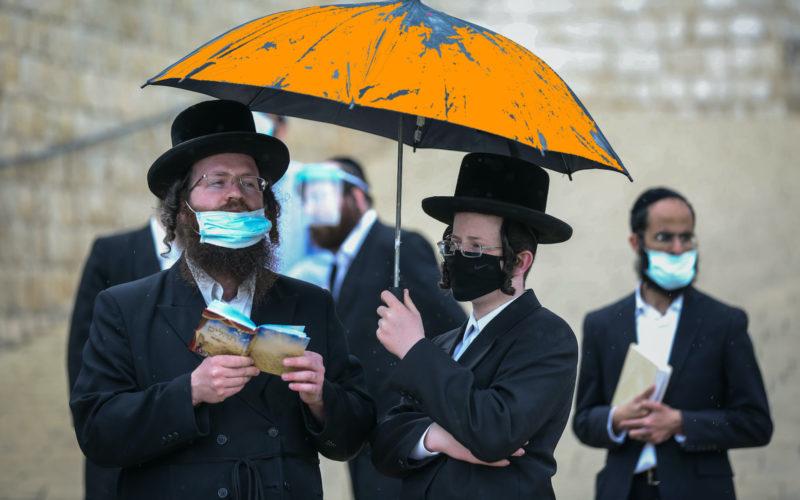Recent Episodes
Shop, Pray, Run
The pandemic has transformed, perhaps forever, how we experience the most banal of activities. In this episode, we hear why Miriam Herschlag keeps muttering “amen” on her evening jogs in Jerusalem, and Ann Bar-Dov's epic journey to pick up groceries in Karmiel.
Getting Better
Noam Shuster was having her dream year at Harvard when the pandemic hit. On her way back to Israel, she contracted COVID-19. She tell the tale of her stint in a "corona hotel" where she was found a microcosm of a fractious society bound together in radical compassion by a shared cough.
Submit Your Story
There’s a story-essay continuum, in which pure story is Action & Drama and pure essay is Ideas and Emotions, but most are a mix. For stories, action and drama are in the foreground, ideas in the background. Stories have plots, characters, dialogue, conflict, tension, surprise twists. They do more telling than explaining.
But a story should also be about something — love, loss, survival, courage.
For WhyWhyWhy! events, stories need to be relevant to the theme, but they don’t need to be about the theme: An Aliyah story can really be a story about the breakdown of a relationship; a story for the theme of “stolen” can be about overcoming fears or loss; and a story for the Chutzpah theme can be about coming home.
Good stories have strong tension and high stakes, meaning there is the potential for great loss and/or great gain. Good stories are unusual or surprising. To start a short story, it’s often best to begin from within the action, without preamble or intro, and the story should end with some kind of resolution — not necessarily victory or success, but a coming to terms with whatever was the central tension.
About the Hosts

Susan Warchaizer
Susan is a gynecologist, and new to the world of stories and podcasts. She lives in Tel Aviv with her sweetheart Noah, her amazing children, their beloved dog, and the cat. If anyone goes into labor during the story telling, she’ll know what to do.

Miriam Herschlag
Miriam is opinion and blogs editor at The Times of Israel. She was an anchor, reporter and editor at the Israel Broadcasting Authority’s English TV and radio news programs; and also held training and marketing positions at Given Imaging, a pioneering Israeli medical technology company. She lives in Tel Aviv.

Noah Efron
Noah aspires to make his living as a professional podcast host, raising bloviating to high art. It was his childhood dream. He teaches at Bar Ilan University, where he was founding chairperson of the program in Science, Technology & Society. He served on the Tel Aviv-Jaffa City Council. Noah also played bass for an ill-fated band named Liquid Plumr, and has run marathons, slowly, on three continents. He lives in Tel Aviv with his wife, daughter, son, dog, and cat. His greatest regret is that he is not Nora Ephron.







Lost in Translation
This episode features true stories on the theme “Lost in Translation,” as told by Nancy Cahners, Sarah Goldberg, Jacqui Mautner, Benji Lovitt, Milton Roller, Miriam Herschlag, and Elana Dorfman.